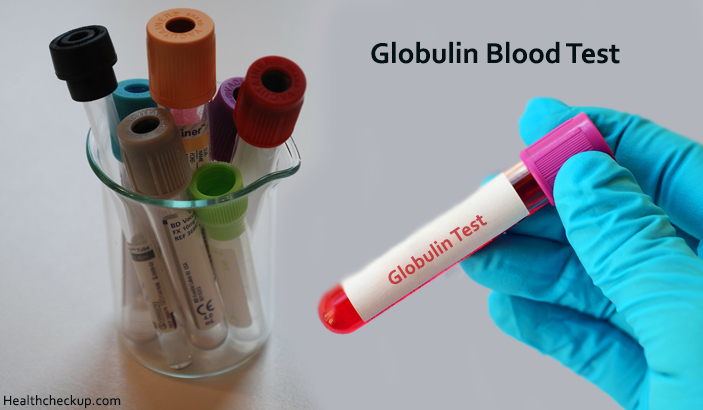The building blocks of our body i.e. proteins play a really important role. But, did you know? The main components of these building blocks are albumin and globulin that revamp our overall growth, development, and health. An albumin protein ensures that the fluid does not leak out of the blood vessels whereas the Globulin protein strengthens our immune system. As the name suggests, the Globulin Blood test measures the amount of Globulin in our body.
Purpose of The Globulin Blood Test
The Globulin Test Serves the Following Purposes
- It helps diagnose liver disorder or diseases, caused due to the intake of various food items or medicines. One must get the test in case they are suffering from jaundice, nausea, recurring fatigue, itching, loss of appetite or there is a fluid generation in abdomen, feet and legs.
- Detection of any kidney problems
- To diagnose of autoimmune disorders. Autoimmune disorders are disorders where immune system instead of defending the body from various diseases starts attacking the healthy cells. The cause of such diseases still remains unknown to various doctors and scientists across the world. The globulin blood test helps detect such diseases.
- Pinpoints nutritional deficiencies
- Detection of certain kinds of cancers or other deadly diseases within the blood cells.
Preparation For Globulin Blood Test
Usually, while undergoing any kind of medical tests, one has to go through a lot of preparation. Unlike other tests the globulin blood test is a simple blood test which does not require much of preparations like fasting before the test or eating special items pretest. Though, in some cases, one might have to take certain precautions. In that case, one must contact his health care provider for the necessary instructions.
Also, there are certain medications – steroids, estrogen, progesterone, insulin, growth hormones, ammonium ions, birth control pills and others that can affect the globulin test results. In such cases, it becomes evident to consult a doctor before the test in order to evade any kind of haywire.
Globulin Blood Test Procedure
Like other tests too, this test is performed in well-established laboratories. With the help of a syringe, the lab technician collects the blood sample. Do ensure that the technician uses a new syringe, wipes the area with an antiseptic and, ties a band around the arm before inserting the needle.
The new syringe and, antiseptic will ensure hygiene, while the band will ensure the right pressure while collecting the sample. The sample is then safely stored in a test-tube, the puncture site is wiped well to stop the bleeding if any.
The blood sample collected is placed on glass slides with small amounts and, various tests are performed eventually using various chemicals and the results are delivered.
Risks Associated With Globulin Blood Test
Uncertainties are a part of life. As such, there are no huge risks affiliated with the globulin blood test. Taking the most critical situations into account one can face excessive bleeding while inserting the needle, fainting or one might develop haematoma which is caused due to excessive deposition of blood under the skin. The most dangerous risk one can face is the skin infection, which can be caused due to unhealed wounds caused by the needle.
Globulin Blood Test Results Interpretation
The globulin protein in our bloodstreams stimulates the working of other proteins too. The undesired levels may lead to lower immunity of the body. It becomes difficult for our body to make blood clots during excessive bleeding and, transportation of essential nutrients to muscles and tissues. Also, the improper ratio may lead to other deficiencies within the body.
The globulin levels are segregated into 4 categories alpha1, alpha2, beta and gamma. One must know that the globulin blood test is conducted with respect to total protein test.
To know whether the Globulin levels are normal the total protein test would show 6.0-8.4 gm/dL of protein in the bloodstream. The causes of low globulin level may lead to
- Renal Disease
- Hepatic Dysfunction
- Celiac Disease
- Inflammatory Bowel Disease (IBD)
- Acute Hemolytic Anemia and more
On the other hand, higher globulin levels may lead to
- Leukemia or Other Bone Marrow Disorders
- Autoimmunity diseases such as Lupus or Collagen Diseases
- Chronic Inflammatory diseases such as Syphilis, Liver Disease, Rheumatoid Arthritis and other diseases.
According to doctors the desired ratio among globulin to albumin should be 1:2. The globulin blood test is a necessary step taken by various people around the world to ensure a healthy lifestyle. One must go through a regular medical inspection of the same. In case one faces the problem of the inappropriate ratio of proteins, then doctor’s recommended drugs must be taken to correct the same.
Medically Reviewed By









